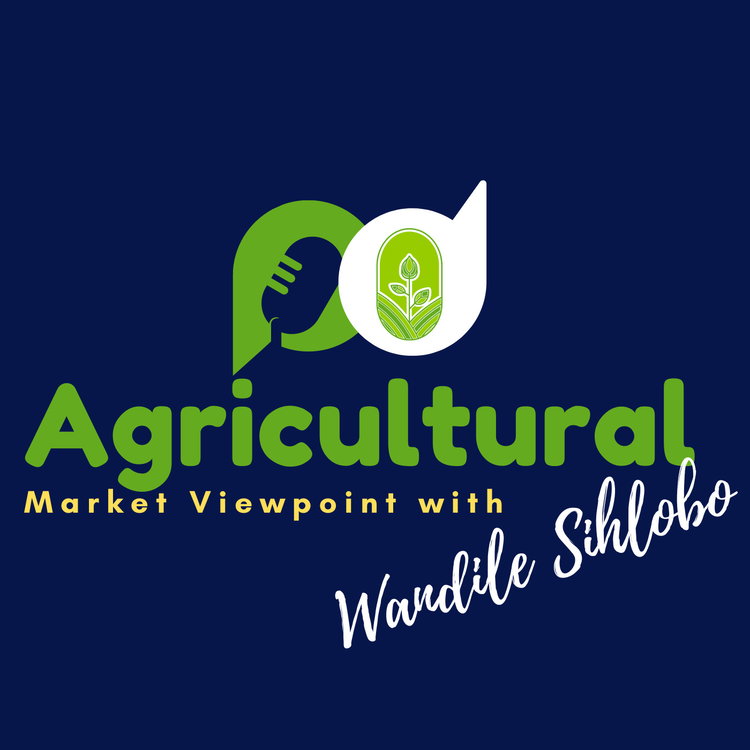
Will China open up for more agricultural products from South Africa?
Loading player...
We are yet to receive more details on China's intentions to lower import tariffs for various African countries. What is worth emphasising for now is that, from a South African agricultural perspective, this would be a welcome development.
China has profound importance in global agriculture. In 2023, China was a leading importer, accounting for 11% of global agricultural imports, with imports valued at US$218 billion. The leading suppliers of farm products to China are Brazil, the U.S., Thailand, Australia, New Zealand, Indonesia, Canada, Vietnam, France, Russia, Argentina, Chile, Ukraine, the Netherlands, and Malaysia.
However, China has been on a journey to diversify its agricultural exports beyond these suppliers, which has accelerated following the U.S. initial tariffs in 2018 and is ongoing in 2025.
South and Latin American countries, as well as Australia, have been the primary beneficiaries of China's diversification strategy so far.
But South Africa must also be part of this conversation. And what the Chinese authorities have signalled is a starting point for a deeper conversation on agricultural trade.
The first step will have to be for South African authorities to approach China to present a range of products that can be exported, and then build from there.
South Africa remains a negligible player in the Chinese agricultural market, accounting for a mere 0.4% (US$979 million) of China's agricultural imports of US$218 billion in 2023. These exports include a variety of fruits, wine, red meat, nuts, maize, soybeans, and wool.
However, there is room for more ambitious agricultural export efforts.
The South African agricultural sector, comprising organised agriculture and researchers, consistently emphasises the need to lower import tariffs in China and remove phytosanitary constraints on various products.
There is now a pathway to have a productive conversation about this matter and move with speed. Of course, once more details are available on tariffs, we will also need to examine the phytosanitary issues related to agriculture.
Overall, this is welcome news.
Listen to the podcast for more insights.
Richard Humphries and Sam Mkokeli produce this podcast.
China has profound importance in global agriculture. In 2023, China was a leading importer, accounting for 11% of global agricultural imports, with imports valued at US$218 billion. The leading suppliers of farm products to China are Brazil, the U.S., Thailand, Australia, New Zealand, Indonesia, Canada, Vietnam, France, Russia, Argentina, Chile, Ukraine, the Netherlands, and Malaysia.
However, China has been on a journey to diversify its agricultural exports beyond these suppliers, which has accelerated following the U.S. initial tariffs in 2018 and is ongoing in 2025.
South and Latin American countries, as well as Australia, have been the primary beneficiaries of China's diversification strategy so far.
But South Africa must also be part of this conversation. And what the Chinese authorities have signalled is a starting point for a deeper conversation on agricultural trade.
The first step will have to be for South African authorities to approach China to present a range of products that can be exported, and then build from there.
South Africa remains a negligible player in the Chinese agricultural market, accounting for a mere 0.4% (US$979 million) of China's agricultural imports of US$218 billion in 2023. These exports include a variety of fruits, wine, red meat, nuts, maize, soybeans, and wool.
However, there is room for more ambitious agricultural export efforts.
The South African agricultural sector, comprising organised agriculture and researchers, consistently emphasises the need to lower import tariffs in China and remove phytosanitary constraints on various products.
There is now a pathway to have a productive conversation about this matter and move with speed. Of course, once more details are available on tariffs, we will also need to examine the phytosanitary issues related to agriculture.
Overall, this is welcome news.
Listen to the podcast for more insights.
Richard Humphries and Sam Mkokeli produce this podcast.

